Like many successful startups, KodyPay was born in response to a real-world problem. Unlike most other startups, however, its founders were still at school when their Eureka! moment struck.
Yao-Yun (Yoyo) Chang, KodyPay's Co-Founder and CEO, and Jack Howell, its Co-Founder and Chief Design Officer, were frustrated by the daily wait to pay in the lunch queue. Fast-forward just two years, and their payments solution, KodyPay, is fast becoming a fixture in UK hospitality venues — such as Spark York — and high-streets.
The pair took some time to speak with me about their journey and how KodyPay is taking legacy Point-of-Sale (POS) payments into the digital age.
Akil: Where did the idea for KodyPay come from?
Yoyo: We were 18 years old and at school. Our lunch breaks were only 30 minutes long. And there was only one payment terminal in the cafeteria, serving over 200 students. So we were always queuing to pay and losing all of our lunch breaks.
We sat down and thought that we couldn't be the only people frustrated with the time lost waiting in queues.
We were sure it happened in other educational settings like universities. We always had to queue in bars and other hospitality venues. And in shops, we'd both walked away from making a purchase because the queues at the tills were too long.
That's without considering the cost and time it takes for merchants to buy and implement POS hardware.
Those conversations at school were the genesis of KodyPay.
Akil: What customers did you have in mind when launching the solution?
Yoyo: In the early days, we struggled to identify our target customer. Not because there wasn't any, but because we wanted to go after everyone. Eventually, we decided to start with hospitality. That's where the problem we wanted to solve originated from after all.
We saw early success selling our solution into our university and some local restaurants. They recognized the potential time and cost savings it could deliver. However, we faced challenges taking the solution into other sectors, such as traditional brick-and-mortar retailers. We quickly learned the industry requires a very different use case to hospitality and has different product needs.
So Jack and I went back to the drawing board and started working on a 'framework' we could apply to multiple sectors. Powering this would be a uniform payments engine that drives transaction reconciliation, fund disbursement and everything else you need to fulfill a purchase.
Jack: Today, most of our clients are in the hospitality sector, but many other businesses can benefit from the concept. For example, gig venues could place a QR code on an event poster that takes people directly to a checkout page to buy a ticket. Charities could put a QR code on their flyers, allowing people to donate seamlessly. And then there's mobility and a host of other use cases that we're exploring,
What's most exciting is all these industries are now exploring this technology and new ways to enable commerce and payment. We think KodyPay can serve them all.
So we'll continue to scale our product within the hospitality segment, but we're aiming to bring the product to new markets, such as retail. We see enormous potential there with the growth of ecommerce, changing consumer behavior and the merging of the online and offline worlds.
Akil: How might retailers benefit from KodyPay?
Yoyo: As Jack mentioned, consumer behaviors have changed. They want the same convenience and social safety they found online. But retailers have legacy payment hardware, so it's hard for them to adapt their offering. That's why they're starting to look at KodyPay, because we're a 'no hardware' solution. All customers need is their phone to read a QR code, which takes them straight to a checkout page. So merchants deliver an improved shopping experience and save time and money.
Akil: What's behind the resurgence of QR codes as a way to make payment?
Yoyo: For shoppers, it's about expectations that things should be as easy and fast as possible. Everyone has a phone that can read QR codes without needing separate software, and people are already familiar with the technology. Using it to pay for something feels natural.
For offline businesses, QR codes overcome the problem with payment terminals. Payment terminals need new integrations built and upgrades for every new payment method you want to offer. Then they need to get PCI certified and go through testing on a device-by-device basis.
With a QR code-based solution like ours, we can take on the burden of aggregating all the payment methods and pointing them to the necessary APIs to allow them to offer everything without the technical debt and cost that comes with terminals.
Akil: How has your partnership with Checkout.com benefitted KodyPay?
Jack: Everything we do centers around speed. Speed of onboarding new businesses, the user experience, the merchant experience. Just speed all around.
Checkout.com is a solution that helps us move at speed. It's allowed us to onboard merchants in hours rather than days or weeks. In fact, we've reduced our average merchant onboarding time from 15 days to just two hours since working with Checkout.com.
Checkout.com also supports express checkout methods like Apple Pay and Google Pay, in addition to securely storing cards — essential for maximizing conversion and customer satisfaction. Suppose you can only offer a digital payment method where a customer has to fill in their email address, billing address, phone number, etc. In that case, it won’t be that much quicker than getting them to queue at a till and shoppers will simply go elsewhere.
The lines of communication with the Checkout.com team are always open as well, which means there are no blockages to delivery. And via its platform, we can produce instant and accurate reports that would take several days to generate previously.
Akil: What's next for KodyPay?
Yoyo: When I was 18, I thought we were going to conquer the world. I'm not saying that won't happen, but I've learned to be a bit more cautious. There's a lot more to do first.
They say Rome wasn't built in a day. I'm starting to realize what that means now. We need to scale our KodyOrder product before diverting our focus onto a new product. We're also looking to scale the team as fast as possible and push the solution into more markets and verticals, such as retail.
Learn more about how the payment landscape is changing and how to ensure you're offering the right payment methods to meet customer expectations.






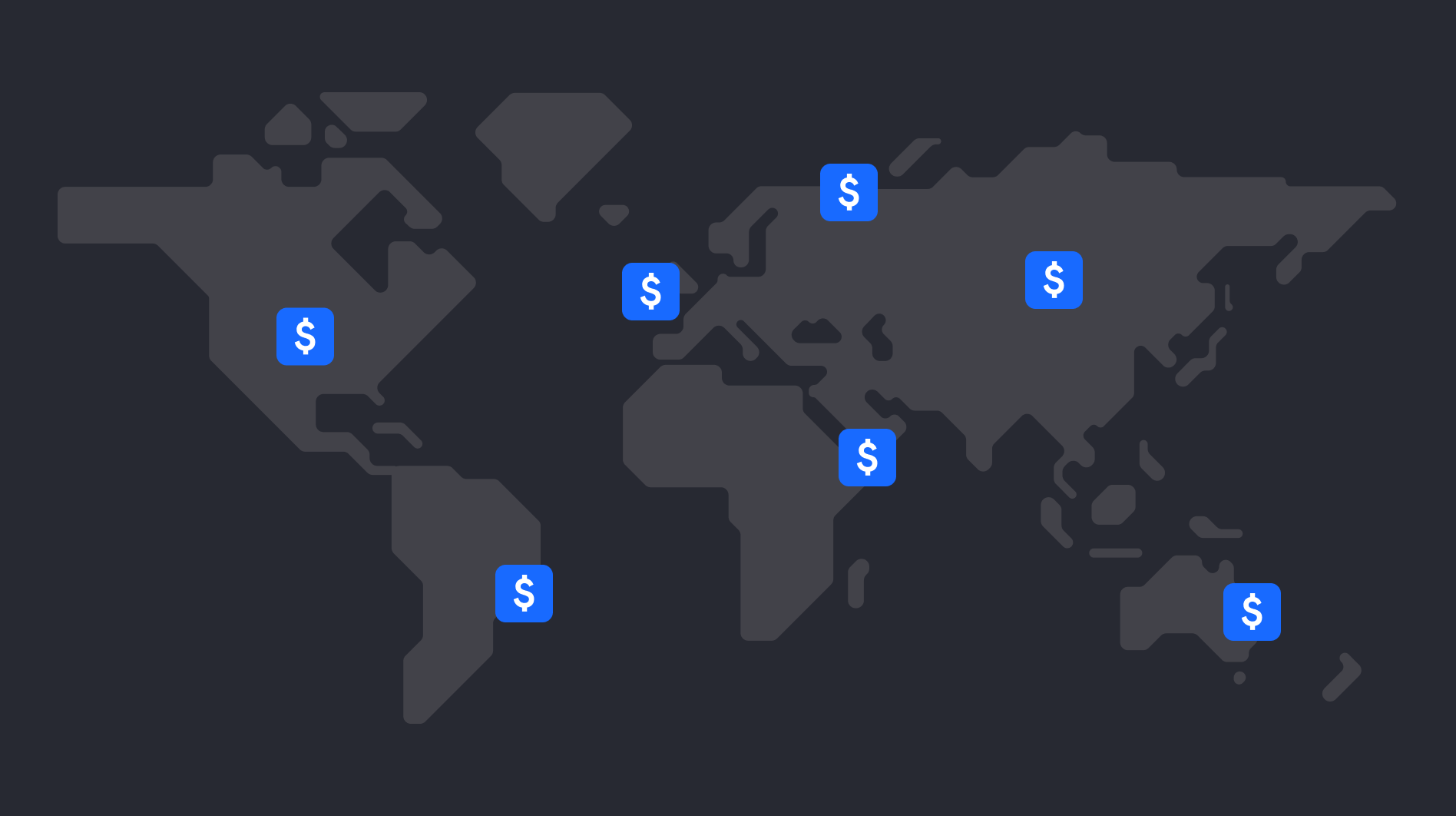
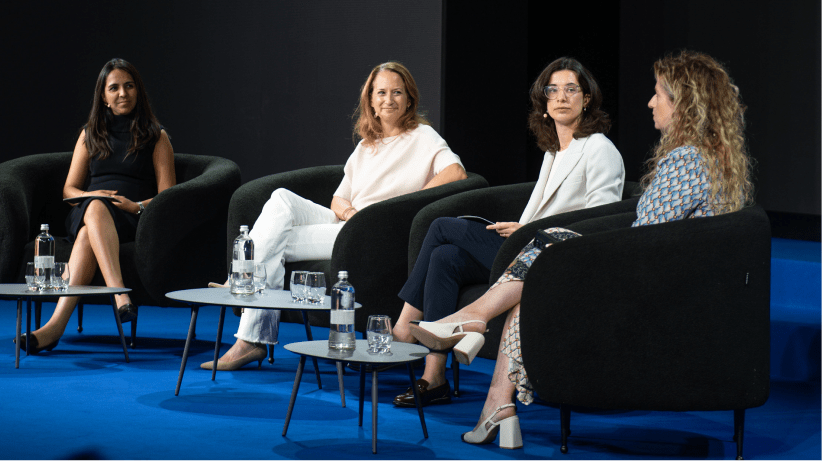
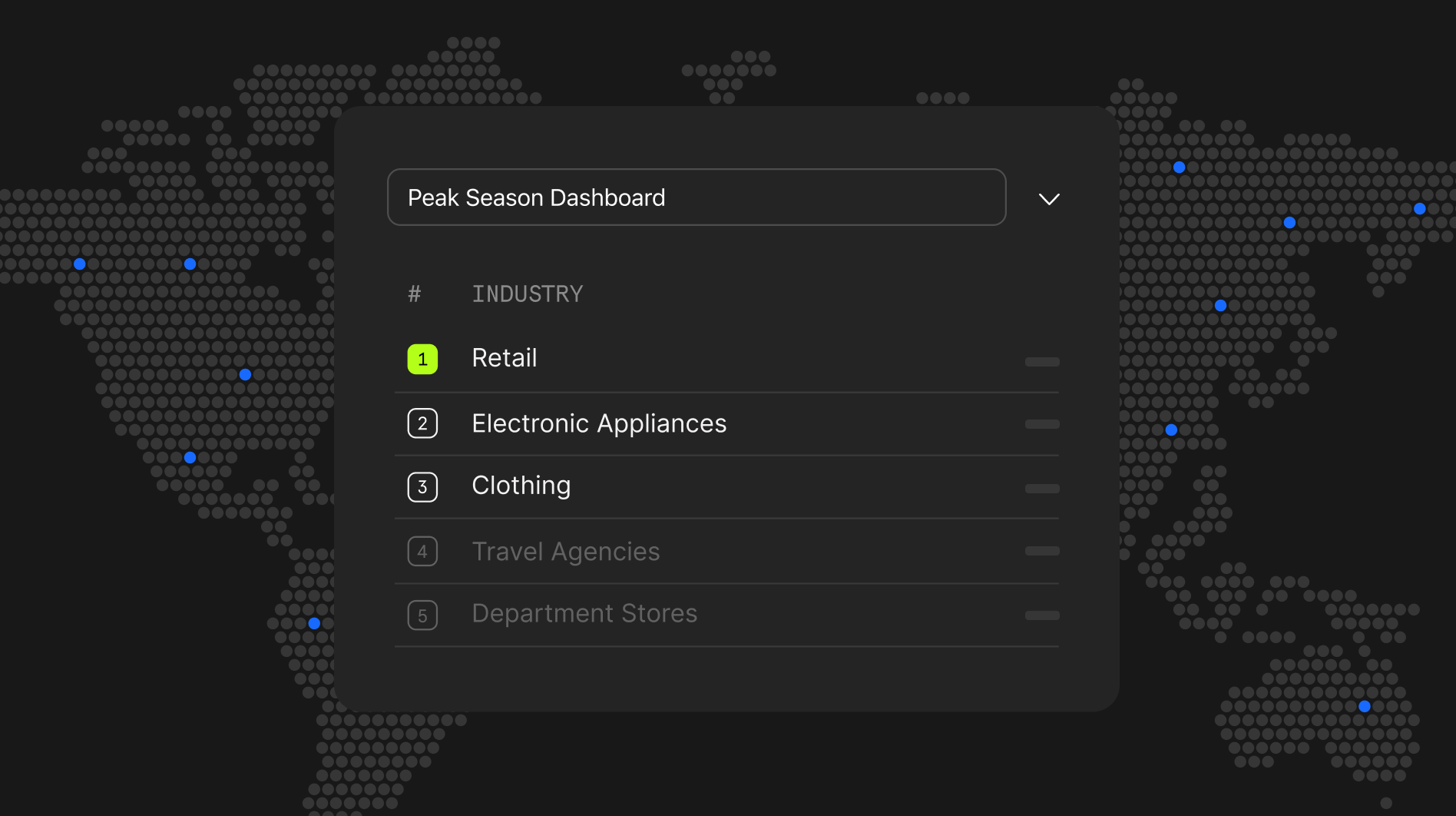
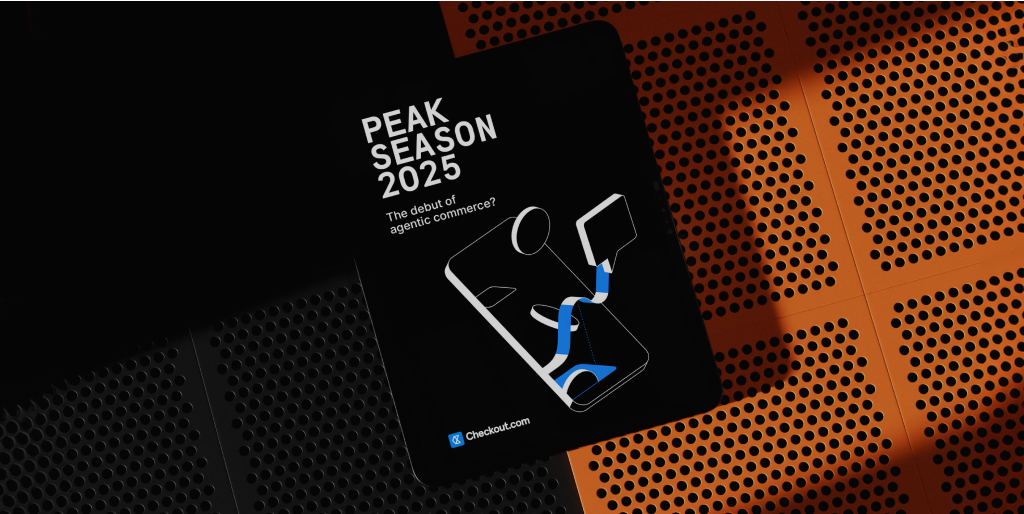

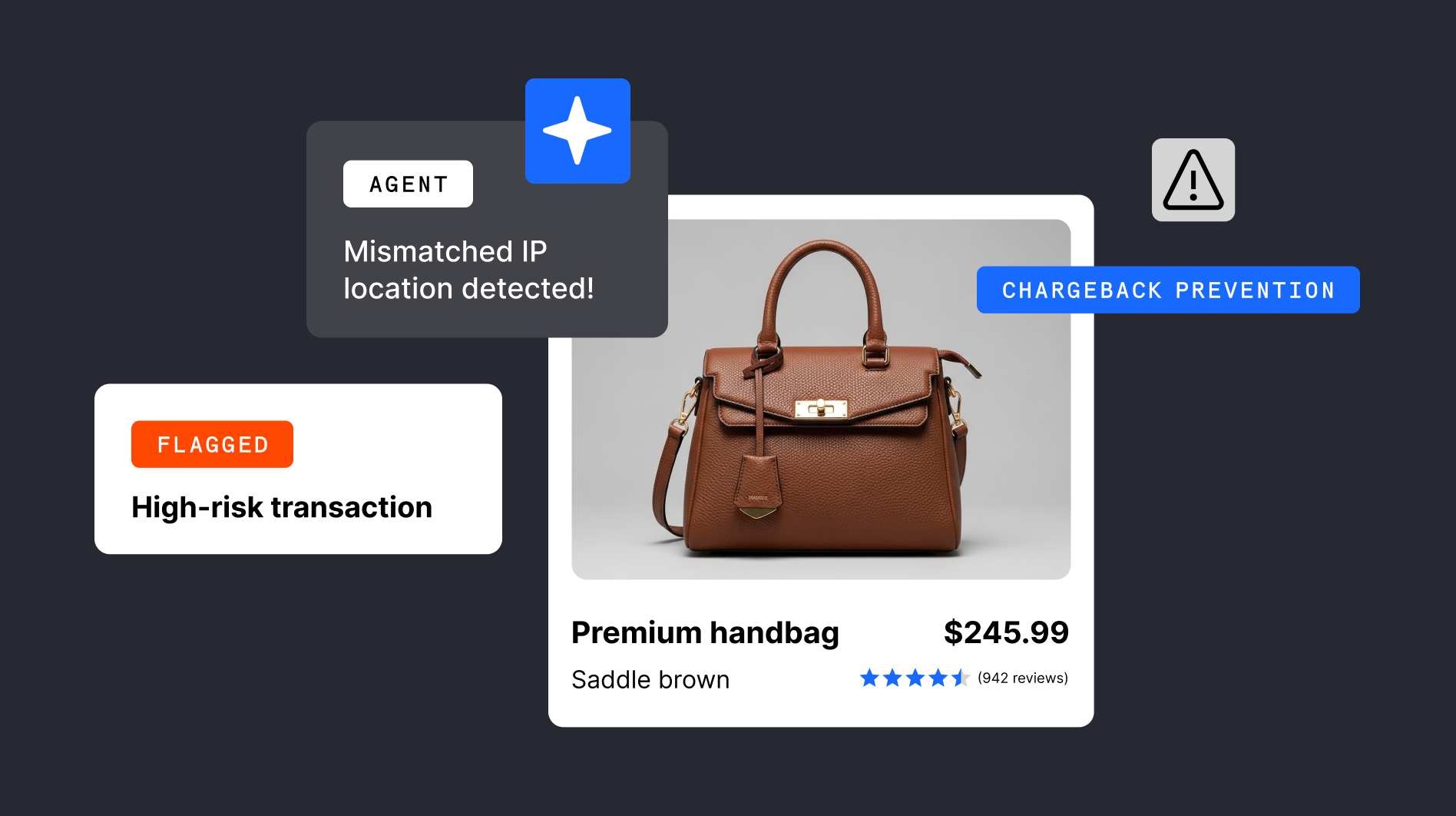

.png)


